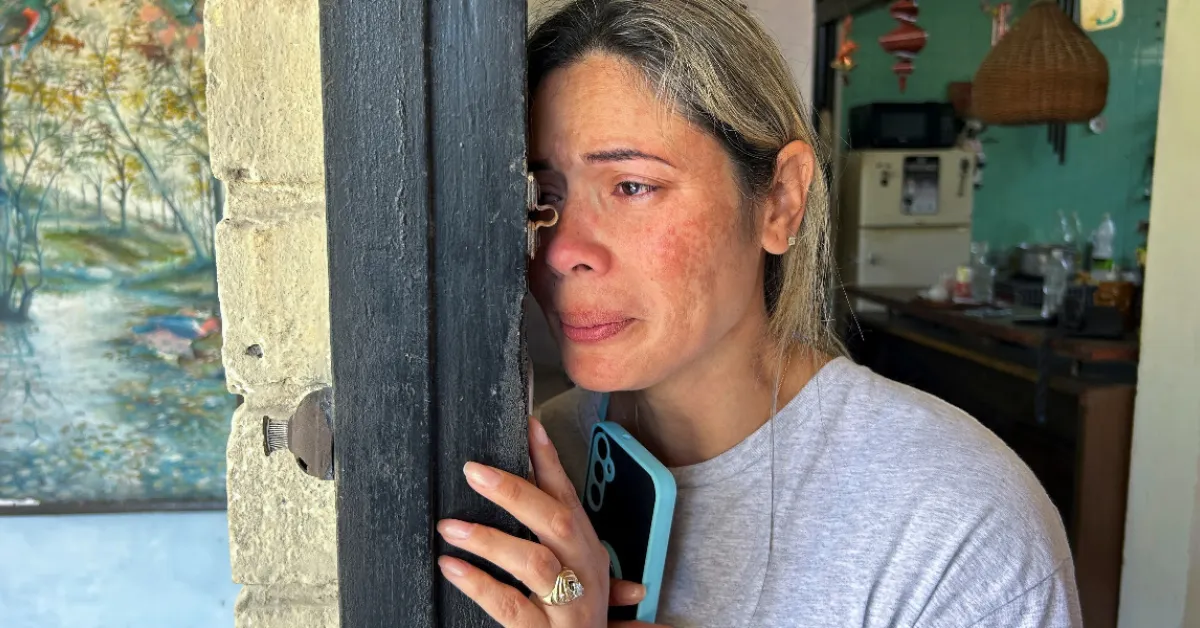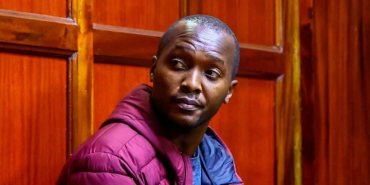Cuban Mother Deported from US, Separated from Infant Daughter in Florida

The deportation of a Cuban mother, Heidy Sanchez, from the United States has ignited a wave of criticism concerning the treatment of immigrant families under current US immigration policies.
Sanchez was deported last week. The incident has amplified concerns about due process and family unity within the US immigration system. Sanchez, speaking from a relative's residence near Havana, shared her account of the events leading to her deportation. She was allegedly informed by US immigration officials of her impending removal and that her one-year-old daughter, a US citizen, would remain in Florida.
"They told me to call my husband, that our daughter had to stay and that I would go," she recounted, expressing her distress over the abrupt separation.
She also notes her daughter’s agitation and need for milk, which was allegedly disregarded by the officials. The US Department of Homeland Security (DHS) has issued a statement through Assistant Secretary Tricia McLaughlin, disputing Sanchez's narrative. McLaughlin claims that Sanchez had been given the choice to either bring her child with her to Cuba or leave the infant in the care of a designated relative in the United States.
"In this case, the parent stated they wanted to be removed without the child and left the child in the care of a safe relative in the United States," McLaughlin asserted.
However, DHS has not provided evidence to substantiate this claim. Sanchez maintains that no such option was presented to her. She describes being detained during a routine check-in at an Immigration and Customs Enforcement (ICE) office in Tampa, Florida. She was immediately separated from her child, handcuffed, and transported to a detention facility. Later that day, she was deported to Cuba along with 81 others, arriving without a passport, identification, or documentation explaining the deportation.
The deportation of Sanchez has triggered protests from civil rights advocates and social justice organizations. They argue that her experience reflects a disregard for due process and family unity in the enforcement of immigration laws. The controversy highlights a broader shift in US immigration policy, particularly under President Donald Trump’s administration, which prioritized aggressive enforcement measures and rolled back protections for immigrant families.
During President Joe Biden’s tenure, ICE agents were instructed to consider the impact of enforcement actions on families, particularly when minors were involved. These guidelines were rescinded under Trump’s administration, broadening deportation efforts to include individuals like Sanchez. She had a standing removal order but no criminal record. Sanchez, 44, had been living in the United States under a deportation order since 2019 but was allowed to remain temporarily as long as she complied with regular ICE check-ins.
During her time in the US, she married a Cuban-born naturalized US citizen and gave birth to their daughter in November 2023. Her husband, Carlos Yuniel Valle, had filed a petition for Sanchez’s legal residency two years ago, but the application remains unresolved. In a press conference organized by her family and local advocacy groups, Valle appeared with their young daughter, calling for Sanchez’s return. Supporters attended the event, criticizing what they see as inhumane immigration practices.
Ruth Beltran, a community organizer working closely with the family, stated, “Separating a mother from her breastfeeding child is unconscionable. We need to hold our government accountable for these actions.”














Add new comment